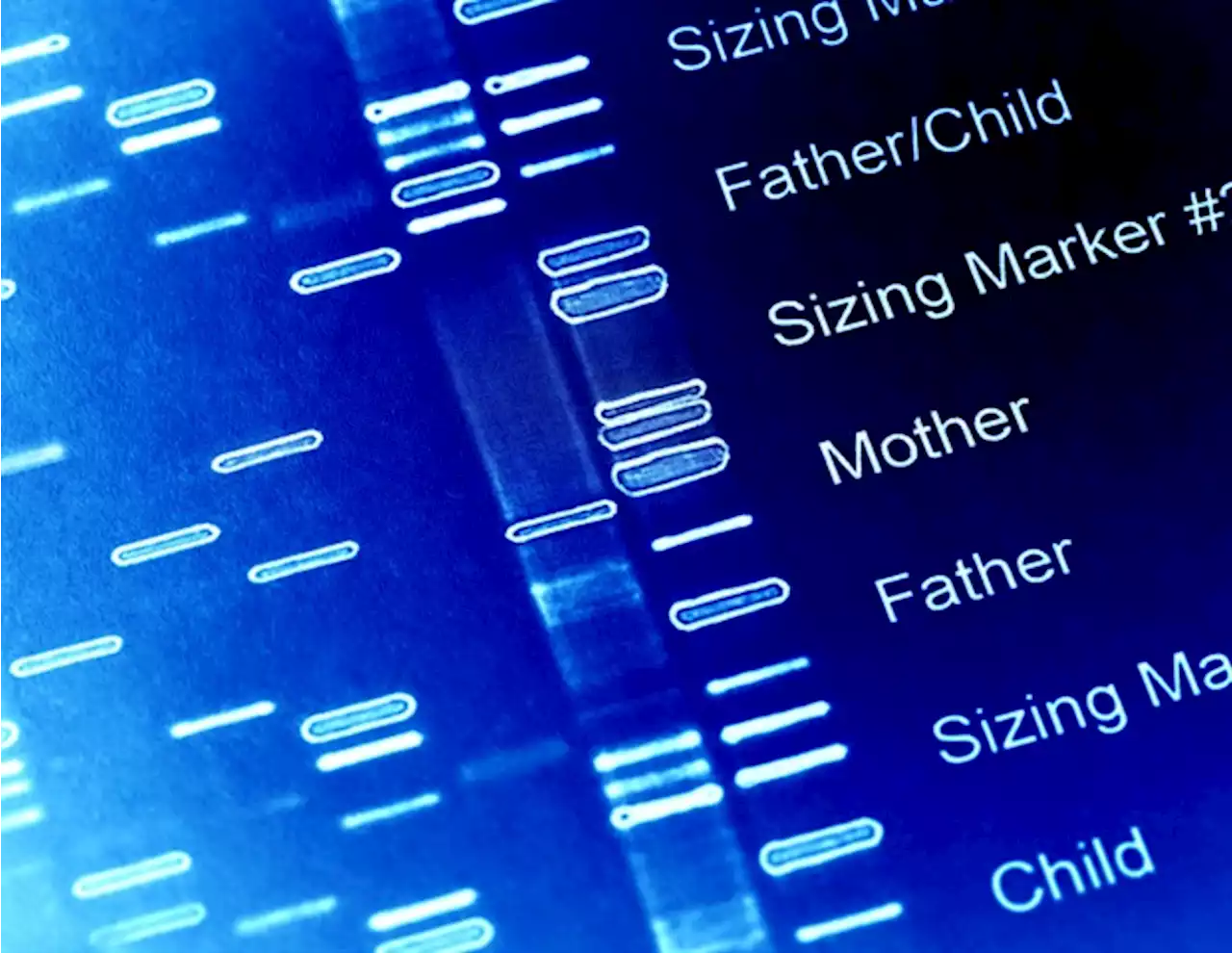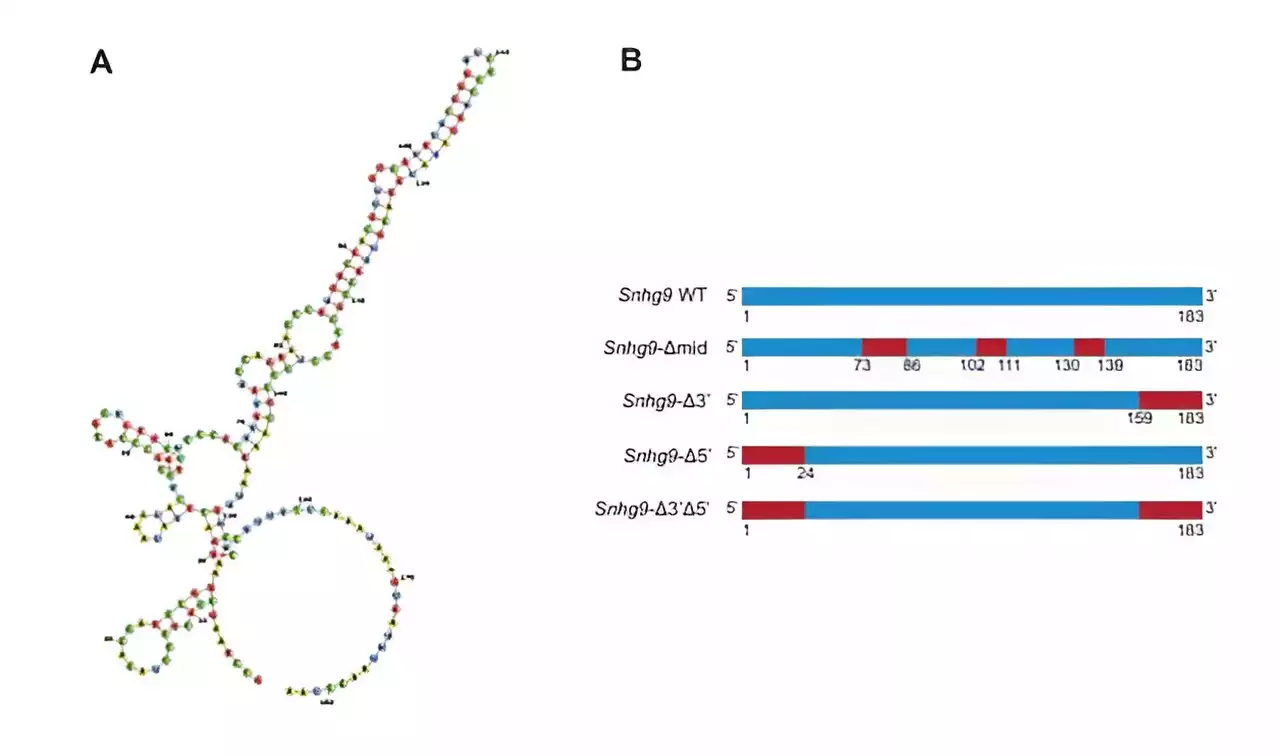From the early stages of cell mutations starting in puberty to their manifestations as breast cancer in later years, the entire process has remained shrouded in mystery.
is formed in the cells of the mammalian epithelium, whose main function is to secrete milk. The paper is published in the journalAccording to the team's first analysis, approximately 20 mutations accumulate annually in each epithelial cell until menopause. After menopause, however, the mutation rate significantly decreases.
As 70% of breast cancers are understood to be estrogen-sensitive, Ogawa's team may shed light on estrogen's role in the initiation of breast cancer. Further investigation of the genetic relationship between breast cancer, its surrounding lesions, and normal epithelial cells led to mapping breast cancer's translocation-positive expansion. During this expansion process, cells of multiple origins that would subsequently develop breast cancer manifested themselves at the average age of 30.
Previous studies have focused on driver mutations—the genetic changes in cells that are already cancerous—leading to abnormal growth. But these findings only paint a partial picture of the process and do not reveal the timing and order of driver mutations or cancer formation. "Normal-looking tissues may already contain numerous populations of non-cancer cells—or clones—that have acquired mutations in cancer-related genes," says co-author author Tomomi Nishimuraof KyotoU's Graduate School of Medicine.
Danmark Seneste Nyt, Danmark Overskrifter
Similar News:Du kan også læse nyheder, der ligner denne, som vi har indsamlet fra andre nyhedskilder.
 Study finds semaglutide provides benefits for patients with obesity phenotype of heart failure and HFpEFResearchers evaluated the efficacy of semaglutide in patients with the obesity phenotype of heart failure and preserved ejection fraction.
Study finds semaglutide provides benefits for patients with obesity phenotype of heart failure and HFpEFResearchers evaluated the efficacy of semaglutide in patients with the obesity phenotype of heart failure and preserved ejection fraction.
Læs mere »
 Study finds link between dehumanization and burnout in first respondersFrom medical professionals who were on the frontline of the COVID-19 pandemic to firefighters rescuing victims of the Maui wildfires, first responders are often hailed as heroes.
Study finds link between dehumanization and burnout in first respondersFrom medical professionals who were on the frontline of the COVID-19 pandemic to firefighters rescuing victims of the Maui wildfires, first responders are often hailed as heroes.
Læs mere »
 Largest genetic study of epilepsy finds new risk genesThe largest genetic study of its kind, coordinated by the International League Against Epilepsy, including scientists from FutureNeuro at RCSI University of Medicine and Health Sciences, has discovered specific changes in our DNA that increase the risk of developing epilepsy.
Largest genetic study of epilepsy finds new risk genesThe largest genetic study of its kind, coordinated by the International League Against Epilepsy, including scientists from FutureNeuro at RCSI University of Medicine and Health Sciences, has discovered specific changes in our DNA that increase the risk of developing epilepsy.
Læs mere »
 Pandemic may have altered gut microbiome of infants, study findsInfants who spent most of their first year in the pandemic have fewer types of bacteria in their gut than infants born earlier, according to a team of developmental psychology researchers.
Pandemic may have altered gut microbiome of infants, study findsInfants who spent most of their first year in the pandemic have fewer types of bacteria in their gut than infants born earlier, according to a team of developmental psychology researchers.
Læs mere »
 Intestinal bacteria release molecular 'brake' on weight gain, study findsBacteria that live in the intestines inhibit a molecule that limits the amount of fat absorbed, increasing weight gain in mice fed a high-sugar, high-fat diet, researchers from UT Southwestern Medical Center report. The findings, published in Science, could eventually lead to new ways to combat obesity, diabetes, and malnutrition—health problems that plague hundreds of millions worldwide.
Intestinal bacteria release molecular 'brake' on weight gain, study findsBacteria that live in the intestines inhibit a molecule that limits the amount of fat absorbed, increasing weight gain in mice fed a high-sugar, high-fat diet, researchers from UT Southwestern Medical Center report. The findings, published in Science, could eventually lead to new ways to combat obesity, diabetes, and malnutrition—health problems that plague hundreds of millions worldwide.
Læs mere »
